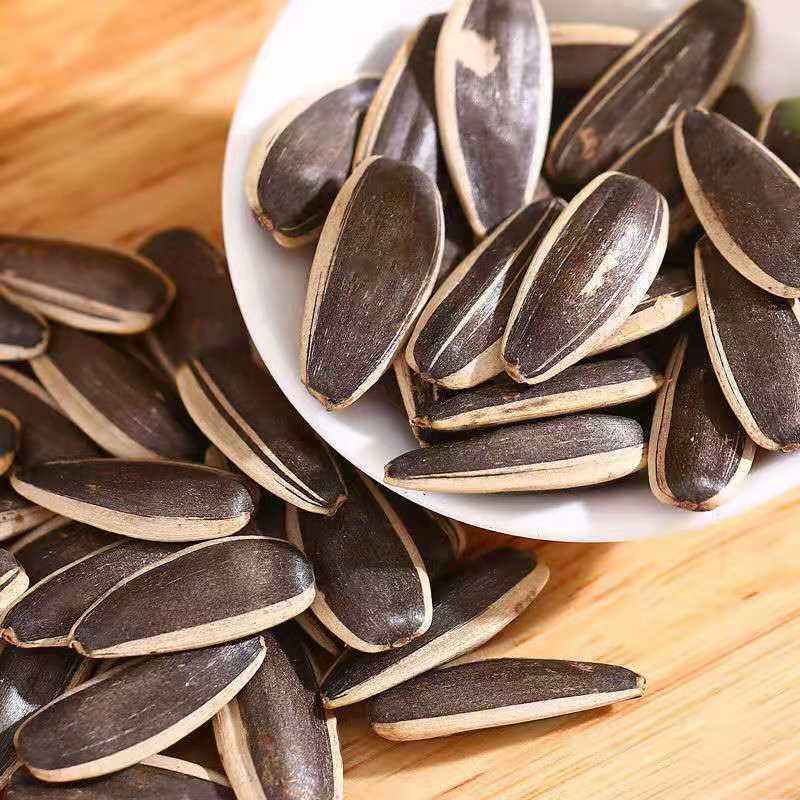Website: Innuts.com
Inner Mongolia Autonomous Region in northern China is an excellent location for growing sunflower seeds due to its favorable climate, soil conditions, water resources, and large available land. Sunflowers are an annual plant that belongs to the family Asteraceae, and they are widely cultivated for their seeds that are rich in oil, protein, and other nutrients. In this article, we will explore the benefits and challenges of planting sunflower seeds in Inner Mongolia.
Climate:
Inner Mongolia has a semi-arid climate, with hot summers and cold winters. The average annual temperature is 8-10°C, and the average annual rainfall is 200-400mm. Sunflowers thrive in warm and sunny conditions, and the long sunny days in Inner Mongolia during the growing season provide optimal conditions for the plant's growth and development. Sunflowers require a temperature range of 20-30°C for optimal growth and a minimum of six hours of direct sunlight per day.
Soil:
Inner Mongolia has sandy soil, which is ideal for sunflowers as it provides good drainage, allows for good root growth, and helps to prevent waterlogging. Sunflowers prefer slightly acidic to neutral soils with a pH range of 6.0-7.5. Inner Mongolia's sandy soil falls within this range, which is favorable for sunflowers' growth.
Land availability:
Inner Mongolia has a vast amount of land available for farming, with a total land area of 1.183 million square kilometers, making it an ideal location for large-scale cultivation of sunflowers. The large land area provides an opportunity for crop rotation, which can help to maintain soil fertility and reduce the risk of diseases and pests.
Water resources:
Inner Mongolia has abundant water resources, including rivers, lakes, and underground water. This provides sufficient water for irrigation, which is essential for the growth and development of sunflowers. Sunflowers require well-drained soil with adequate moisture to grow, and irrigation helps to ensure that the plants receive enough water during the growing season.
Economic benefits:
Planting sunflower seeds in Inner Mongolia can provide significant economic benefits for farmers and the local economy. Sunflowers are a valuable crop that can be used for food, oil, and biofuel production, among other things. The oil extracted from sunflower seeds is high in oleic acid, which is beneficial for human health and is widely used in the food industry. The protein-rich byproduct of sunflower seed processing is used as animal feed. The production of sunflower oil and meal can provide a source of income for farmers and support the local economy.
Challenges:
Despite the favorable conditions for growing sunflowers in Inner Mongolia, there are some challenges that farmers may face. The dry climate and sandy soil can make it challenging to retain soil moisture, making irrigation a crucial factor in sunflower cultivation. Moreover, pests such as aphids, armyworms, and sunflower moths can damage sunflowers and reduce yield. To prevent and control pests, farmers must use appropriate insecticides and follow proper farming practices.
Conclusion:
Inner Mongolia Autonomous Region is a suitable location for growing sunflower seeds due to its favorable climate, soil conditions, water resources, and large available land. Sunflowers are a valuable crop that can provide significant economic benefits for farmers and the local economy. However, farmers must overcome challenges such as soil moisture retention and pest control to achieve optimal yields. By using appropriate farming practices and adopting innovative technologies, farmers can grow sunflowers successfully in Inner Mongolia and help to support the region's economic development.
Please follow Innuts.com.

